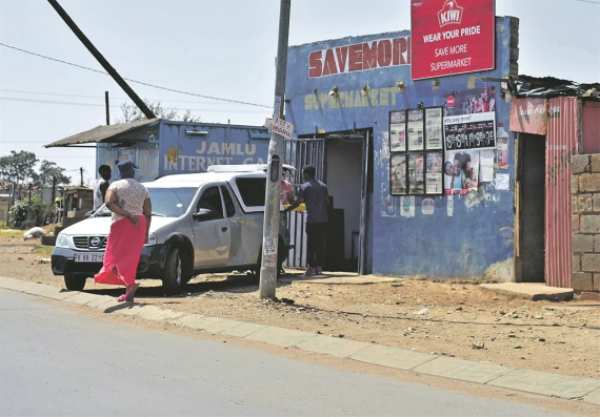Photo by Retha Ferguson from Pexels.
The desire for cashless transactions - driven by the ongoing fear of Covid-19 infection - is as prevalent in the informal sector as anywhere else. What is needed is a way to make these a reality.
There is no doubt that the Covid-19 pandemic has significantly altered the world we live in. Moreover, with the most optimistic estimations suggesting a vaccine is only likely in 18-24 months, we are all going to have to learn to live with it. This means new, safer ways of doing things, including transacting. Since one of the keys to living in an infected world is to avoid touching surfaces that may be contaminated – the way we pay – using either physical money or punching keypads for card payments – will have to change.
In need of innovation
We have already seen a huge demand for new ways of doing things. For example, there is an increasing clamour for the customer to be able to choose their payment option, with many seeking ways to make contactless payments without having to manually enter a PIN. The consumer will be at the forefront of driving innovation as their requirements and needs change and are influenced by the current pandemic.
The real challenge this global crisis brings to the fore is not so much how to enable such payments for the large and sophisticated retailers, but rather how to achieve the same for the informal sector.
This is a market space that desperately needs innovation, to enable informal traders to also operate as cashless businesses. In South Africa especially, the informal sector is huge, and a lot of key transactions occur in this space. The current crisis, of course, is such that these people are just as hesitant as anyone else to touch the money that has been handled by other people.
Educating the market
If we are to improve cashless transacting in the informal sector, there are certain challenges that need to be overcome. For one, the complexity of electronic payments compared to those of cash will inevitably make a certain percentage of this market nervous.
Secondly, electronic payments lack the speed of cash payments, while many are also worried about the perceived insecurity of electronic payments when compared to the reliability of cash. Perhaps most critical of all, the perceived cost of electronic payments, and their attendant devices, is a huge concern for informal traders.
Educating this market around the realities of electronic payments, as opposed to the many inaccurate perceptions many have of it, is the first step. Making devices affordable and easy to use – something that is already happening – is also vital.
While the current pandemic is causing untold chaos on a global scale, it has also focused our attention on how we can effectively introduce electronic payments into this arena. It has certainly made it clear that between the obvious health benefits of avoiding cash that has passed through a multitude of hands, and the economic benefits of bringing informal businesses into the formal economy, the sooner the payments industry and its partners are able to enable cashless transacting for these players, the better.
Article Source: https://www.bizcommunity.com/Article/196/345/205300.html





